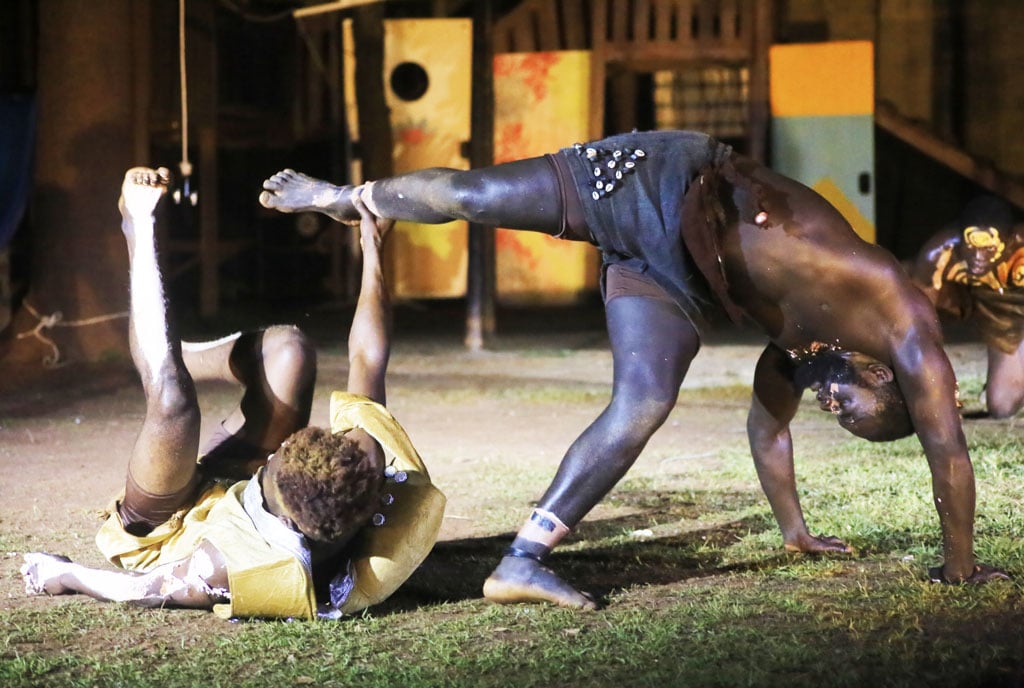
Sanyu Roberts
Today, I want to address a critical issue affecting Kampala's most vulnerable population: street-connected children. The Kampala Capital City Authority's ordinance to protect children prohibits handouts, citing concerns that they perpetuate dependency.
However, I strongly believe that these children have inherent rights to basic necessities like food, medical care, and protection. Having participated in the consultation meetings during the formulation of the ordinance, I am not a saint here but rethinking what I believed then. Street-connected children face hunger and malnutrition, limited access to healthcare, exploitation and abuse, lack of education and skills, but also social isolation and stigma because of their status.
While handouts might provide temporary relief, they may indeed create dependency. Yet, denying support undermines these children's fundamental rights. We therefore need collaborative efforts between government, NGOs, and local communities to provide structured support services. There are a few drop-in centres, but we can establish more with services such as nutritious meals, medical care, education and skills training, counselling and psychosocial support and alternative care can be arranged. The children's homes can also offer the same services with the goal of reuniting children with their families or arranging for alternative care.
There is a gap in the reunification process where many organisations are unable to support families that receive former street children; with economic empowerment. With programmes for families we can be sure to prevent child abandonment and returnees. It is common to find on the streets, a child who has been resettled before, but because the challenges in the family have not been addressed, the child runs back to the streets. Poverty is usually a greater cause for children to run to the streets.
Also important to note is the need for the strengthening of child protection systems and law enforcement to combat exploitation. Some NGOs have worked with local authorities and communities to set up child protection committees but few are yielding results.
Consider key principles that include, a child-centred approach where priority is given to the needs and wellbeing of the child. The community should be involved as key stakeholders in solution design and implementation. I personally have been party to community dialogues in communities of Kisenyi and Kivulu in the Kampala Central Division, regarding street children issues and have found the community to have a wealth of ideas. Focus on long-term impact, not temporary fixes to ensure sustainability. We have witnessed rushed quick fixes, especially when major state functions are being organised, children are brutally rounded up and taken to juvenile facilities and that's all. How the children are retracted is very important.
Leveraging resources and expertise from various sectors through collaboration is equally key. No single entity can do a stand-alone job.
Therefore, there is need to revise the ordinance or the application of it to accommodate structured support services.
City authorities across the country should convene a multi-stakeholder task force to develop and implement a comprehensive strategy. Also, the review and revision of policies to ensure alignment with child rights as stipulated in the United Nations Convention on the Rights of the Child (UNCRC) and the African Charter for the Rights and Welfare of Children, which our government subscribes to.
To the public, we can volunteer time and skills to support drop-in centres, donate to reputable organisations providing structured services and advocate for policy changes and increased funding. Above all, children in street situations deserve our compassion and support.
Sanyu Roberts is a Street Children Rights Advocate
[email protected]







